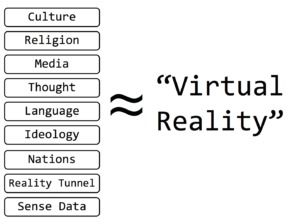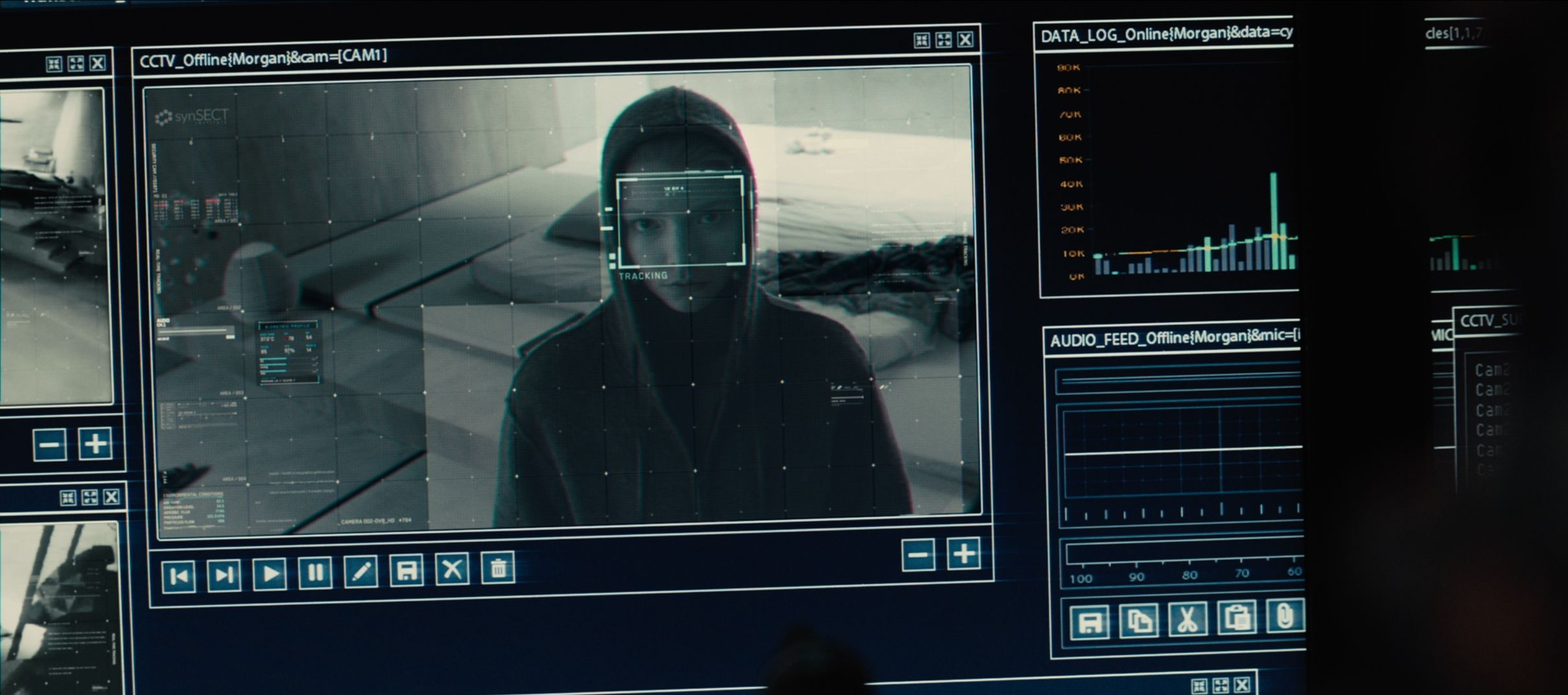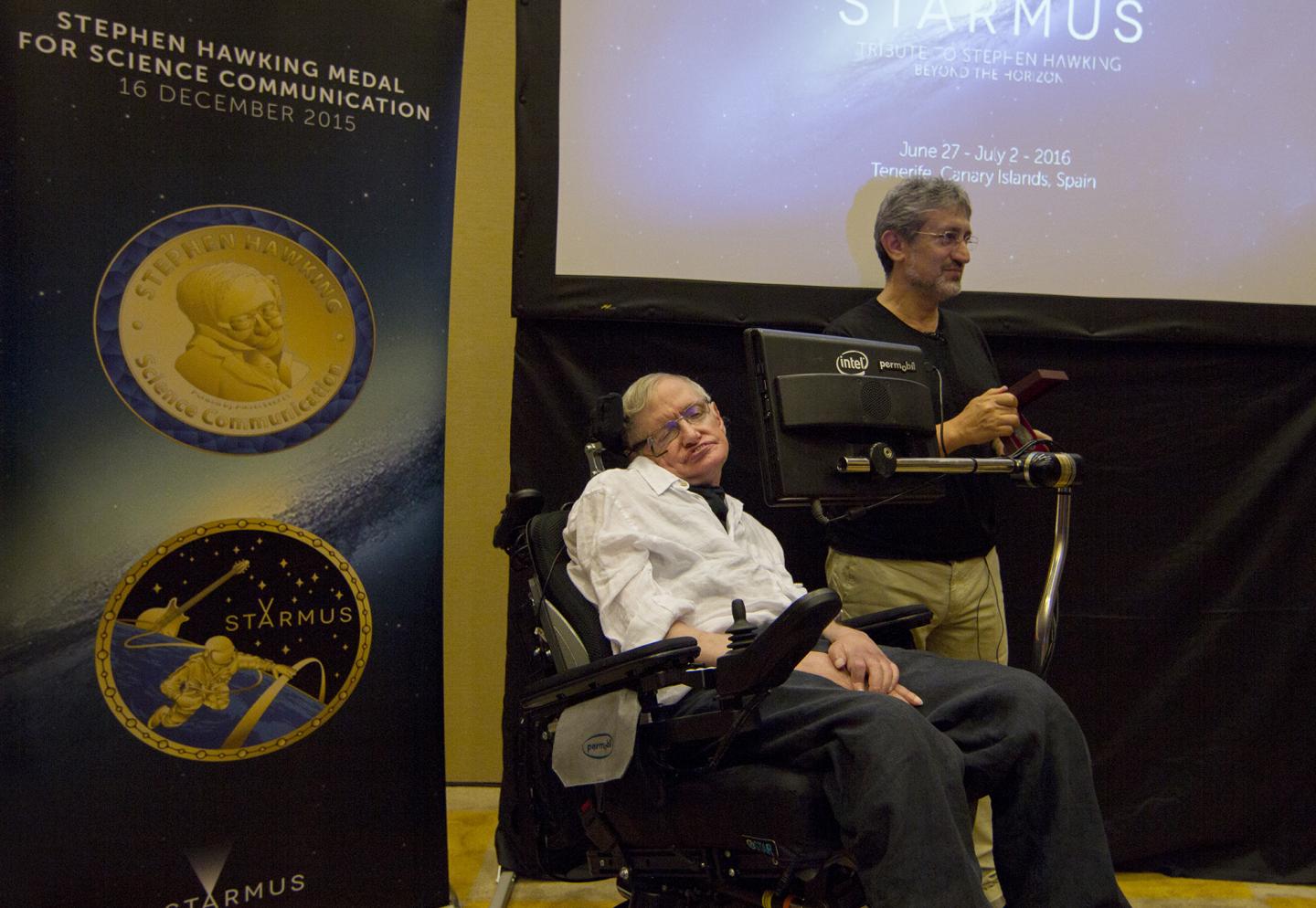Enjoy this VFX Sci-Fi Short Film… 2046. A new energy source, created to solve the world’s energy crisis, is believed to have deadly side effects. When The Signal’s inventor chooses to help a girl warn the public, he gains an unlikely ally to save the world from his own creation. Starring Michael Ealy and Grace Phipps, Written and Directed by Marcus Stokes!
On the web — http://www.thesignalmovie.com
This live action short film was shot in downtown Los Angeles over a weekend. The post production and visual effects took considerably longer and were done by the writer/director Marcus Stokes and a few additional VFX artists.
Starring: michael ealy, grace phipps, doc duhame, casey adams, zack duhame, brian buccellato, ciera payton, and gonzalo escudero.
Writer/director/vfx supervisor: marcus stokes executive producer: tim story producer: chris harding cinematographer: larry blanford editor: melissa lawson sound editor: stephen hunter flick music producer: bear mccreary composer: michael beach, jonathan ortega stunt coordinator: casey adams
SUBSCRIBE — to TheCGBros for more inspiring content!





